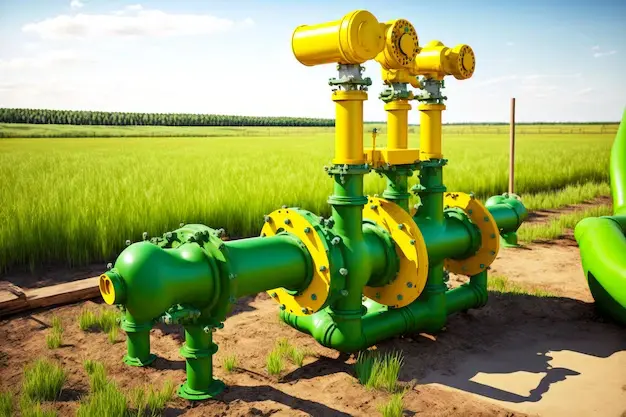What Are the Common Reasons for Replacing Water Wells?
- Oct 1, 2025
- 2 min read
Water wells are a vital source of clean water for homes, farms, and businesses across the United States. But like any infrastructure, wells can deteriorate over time or become unsuitable due to environmental or mechanical issues. For water well drilling contractors, understanding the common reasons for replacing water wells is essential for providing reliable service and educating clients.

Here are the most frequent causes that lead to well replacement—and how to protect your business while performing these high-risk operations.
1. Declining Water Yield
One of the most common reasons for replacing a water well is a significant drop in water production. This can happen due to:
Over-pumping
Aquifer depletion
Sediment buildup
Poor initial well development
When a well can no longer meet the water demands of a household or farm, replacement becomes necessary.
2. Contamination Issues
Water quality problems such as bacterial contamination, chemical infiltration, or surface runoff can render a well unsafe. Common contaminants include:
E. coli and coliform bacteria
Nitrates from fertilizers
Iron and manganese buildup
Hydrogen sulfide (rotten egg smell)
If water testing reveals persistent contamination that cannot be resolved through filtration or rehabilitation, replacing the well may be the safest option.
3. Structural Damage to the Well Casing
The well casing is the protective lining that prevents pollutants from entering the water supply. Over time, casings can crack or corrode due to:
Ground movement
Age-related wear
Poor installation practices
Damaged casings can lead to sediment intrusion, water discoloration, and health risks. In many cases, replacement is more cost-effective than repair.
4. Mechanical Failures
While pumps and pressure tanks can often be repaired or replaced individually, repeated mechanical failures may indicate deeper issues with the well itself. Signs include:
Constant pump cycling
Air bubbles in water
Unusual noises from the system
Increased energy bills due to pump strain
If these problems persist despite component replacement, a new well may be needed.
5. Changes in Water Demand or Land Use
Sometimes, a well that once served its purpose becomes inadequate due to:
Property expansion
Agricultural upgrades
New irrigation systems
Increased household occupancy
In such cases, replacing the well with a deeper or higher-capacity system ensures reliable water access.
Protect Your Business with Insurance
Water well replacement projects involve heavy machinery, environmental risks, and liability exposure. That’s why Excavating Insurance Partners offers specialized business insurance for water well drilling contractors, including:
General Liability Insurance – Covers property damage and injury claims
Workers Compensation – Required for employee protection
Equipment Insurance – Protects rigs, pumps, and tools
Business Auto Insurance – Covers vehicles used for job site transport
Pollution Liability Insurance – Protects against groundwater contamination claims
Final Thoughts
Replacing a water well is a major undertaking that requires technical expertise, regulatory compliance, and clear communication with clients. By understanding the common reasons for well replacement and securing comprehensive insurance from Excavating Insurance Partners, contractors can deliver safe, efficient, and protected services nationwide. Contact now!





Comments